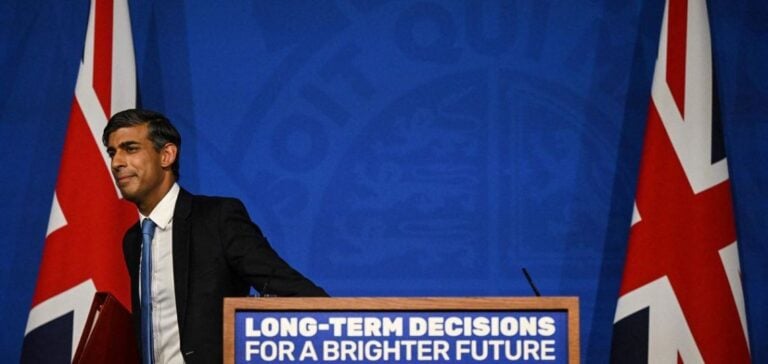The UK has recorded a 5.4% drop in its greenhouse gas emissions in 2023 compared with 2022, reaching 384.2 million tonnes of CO2 equivalent. This decrease is attributed to a reduction in the use of gas for electricity generation and a drop in heating demand due to higher energy prices. CO2 emissions were down by 6.6% in 2023, representing a 49.8% reduction on 1990 levels. By comparison, Germany has reduced its emissions by 9.8% by 2022, and France by 4.8%, according to their respective governments. France has reduced its emissions by around 29% since 1990, while Germany, starting from higher emission levels, has achieved a 46% reduction.
A step forward in emissions reduction
When the final statistics for 2022 were announced in February, the government pointed out that the UK was “the first major economy to halve its greenhouse gas emissions compared with 1990”. Claire Coutinho, Minister for Energy Security, said: “This further reduction in our emissions follows the UK’s success in becoming the first major economy to halve its emissions”. She added, “We’ve done all this while growing our economy by 80%, protecting families from costs that aren’t necessary.”
Criticism and challenges
However, criticism has been levelled at certain government decisions, such as Prime Minister Rishi Sunak’s announcement that the ban on the sale of new combustion-powered cars and certain boilers would be postponed until 2035. “Any reduction in UK emissions is absolutely necessary, but let’s not delude ourselves into thinking that we’ll be on track to meet our international obligations (…) by 2030,” reacted Doug Parr of Greenpeace UK. He pointed out that “emissions from buildings and transport remain stubbornly high, and the government still has no policy in place to deliver the reductions needed for the planet or to keep our international promises”.
Oil and gas licenses in question
The report also notes that the UK has been criticized for granting new oil and gas exploration licenses in the North Sea, which seems to contradict carbon neutrality targets. In response to the government’s “mixed messages”, an independent body urged it to “step up the fight against global warming after COP28”.
According to the IPCC, to comply with the Paris Agreement, global greenhouse gas emissions must fall by 43% by 2030 compared with 2019, with a peak to be reached by 2025. However, the International Energy Agency has reported a 1.1% increase in global energy-related CO2 emissions in 2023, reaching a record level.






















